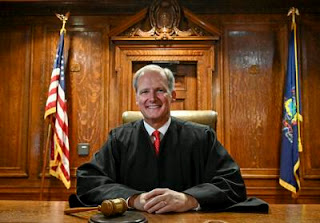In the non-precedential case of Reish v. Visiting Angels, No. 2924 EDA 2022 (Pa. Super. Sept. 21, 2023 Nichols, J., Olson, J., and McLaughlin, J.) (Op. by Nichols, J.)[Non-precedential], the Superior Court affirmed a trial court’s sustaining Preliminary Objections dismissing a case after finding that there is no general duty of care among the general public to avoid transmitting contagious diseases such as COVID-19.
The court noted that, while medical professionals may owe a duty of care to third persons to advise a patient to take precautions against spreading contagious diseases, that duty does not extend to non-medical laypersons.
The Superior Court noted that negligence cannot be invoked to create a duty where one does not exist in the first place. The court also noted that it was reluctant to create new affirmative duties under the circumstances presented in this case.
The court also noted that the risk of spreading illnesses while providing services to the elderly is a foreseeable risk. The appellate court asserted that to otherwise impose a duty in this regard would require a myriad of precautions without clear guidance from existing law.
Accordingly, the Superior Court noted that it would improper for it to treat COVID-19-related mask mandates as establishing personal liability against individuals.
The court otherwise noted that such policy determinations in this context are generally not within the purview of the judiciary and are best determined by other branches of government.
Anyone wishing to review a copy of this decision may click this LINK.
I thank Attorney James A. Beck of the Philadelphia office of the Reed Smith law firm for bringing this case to my attention.








.jpg)





















